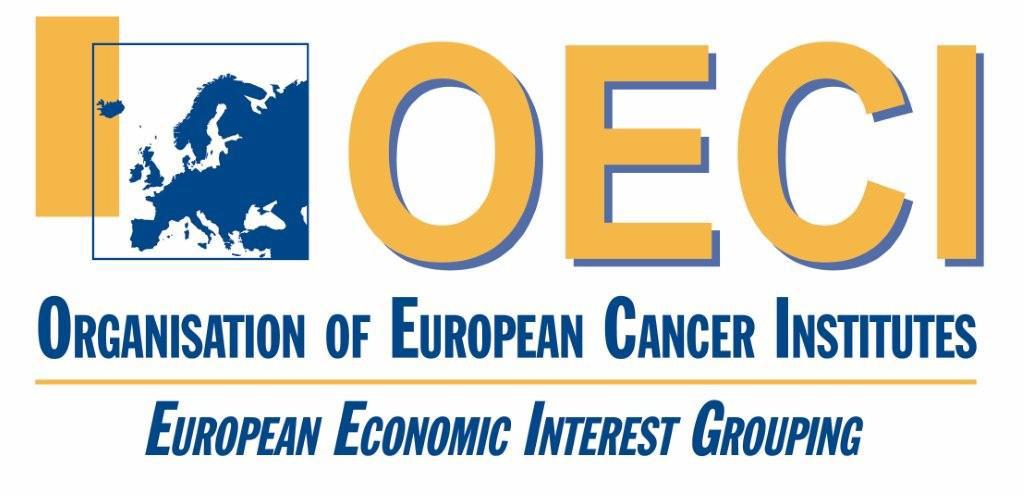East Tallinn Central Hospital gains full OECI membership
At the end of May, East Tallinn Central Hospital gained full membership status in the Organisation of European Cancer Institutes (OECI).

Dr Gerli Kuusk, East Tallinn Central Hospital oncologist and head physician, represented the hospital during the OECI general assembly on 26 May 2021, during which the hospital’s full membership was confirmed.
“Becoming a full member of this organisation is a huge compliment to East Tallinn Central Hospital’s staff involved with cancer treatment, but this position also comes with great responsibility as we are now seen as an equal participant among renowned European cancer centres,” says Dr Andrus Arak, head of East Tallinn Central Hospital Surgery Clinic and one of the people in charge of joining the organisation.“We can now confidently say that we provide high-quality cancer diagnostics and treatment compliant with up-to-date knowledge and practice,” he added.
The OECI is the best environment for the hospital to have regular meetings with leading cancer centres in Europe as well as the European Cancer Organisation, the European Cancer Patient Coalition, the European Association for Cancer Research and the European Society of Pathology. It also serves as a forum for exchanging opinions and preparing future partnership projects.
In addition, OECI membership allows the hospital to take part in the accreditation programme for cancer centres. “This is a self-assessment process based on specific criteria and successfully passing this process shows that the diagnosis, treatment and educational and research activity related to oncological conditions is compliant with OECI quality standards,” says Dr Arak.
This recognition assures patients, medical institutions as well as the Estonian Health Insurance Fund that the hospital provides high-quality treatment. “Unfortunately, cancer rates are on the rise all over the world, including Estonia, making it vital to provide all patients with good access to the best treatment possible. Today, cancer survivors make up 5% of the population of Europe. They, too, expect us to offer better quality of life, help prevent recurrent tumours and look into the potential hereditary factor,” explains Dr Arak.
Groundwork to attain full OECI membership lasted for a year. During this time, all of the hospital’s work relating to cancer treatment was given thorough consideration and described in detail. “We have established a system for diagnosing tumours as well as assessing treatment quality in line with OECI standards and can now regularly assess our activity to determine potentially lacking areas in need of more work,” says Dr Arak, adding that high-quality cancer treatment must be ensured and assessed with regard to individual activities as well as the process as a whole.
“In the interest of an integral treatment process, we have set up a palliative care team. The stages of diagnosis and treatment must work together from cancer prevention and screenings all the way through diagnosis and active treatment until rehabilitation and supportive treatment,” says Dr Arak.
The OECI is a network of organisations dealing with scientific research and cancer treatment with 102 members all over Europe. The organisation’s mission is to reduce divisions and differences and ensure the best possible treatment for all European cancer patients and improve the efficiency of cancer treatment and the quality of life of cancer patients.
 Terviseportaal
Terviseportaal